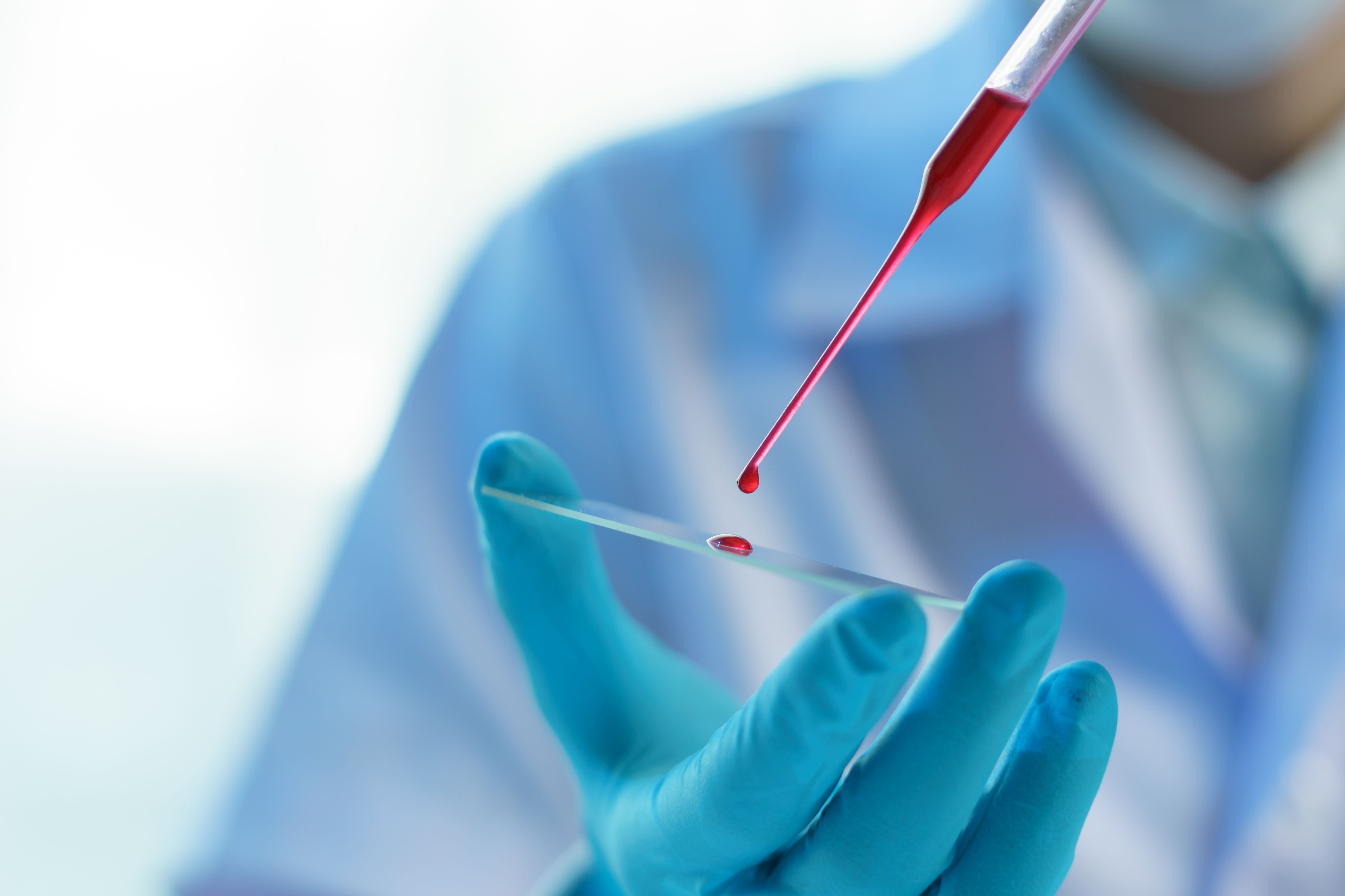
(Vienna, 01 October 2025) A research team working at MedUni Vienna has demonstrated that a specific component of the immune system (PTX-3) remains at significantly higher levels in the blood of patients who have suffered from severe COVID-19, even months after the acute infection has subsided. This study identified PTX-3 as a potential biomarker for existing tissue damage, long-term immune activation and also for complications following COVID-19. The resultswere published in the top-journal "Frontiers in Immunology" and make an important contribution to a better understanding of the consequences of COVID-19. Importantly, they may point to another possible cause of myalgic encephalomyelitis/chronic fatigue syndrome (ME/CFS).
Within this study, the research groups led by Winfried Pickl and Rudolf Valenta (both from the Center for Pathophysiology, Infectiology and Immunology at MedUni Vienna) examined the levels of so-called acute phase proteins in the blood of 141 COVID-19 convalescent patients ten weeks and ten months after acute infection. These were then compared with levles from 98 uninfected control subjects. Acute phase proteins are components of the innate immune system that are rapidly released into circulation during infections to ward off infections and control associated inflammatory and repair processes. During the acute phase of COVID-19, elevated serum levels of several such proteins from this group are associated with severe to fatal clinical outcomes. As a rule, these markers return to their baseline values within a few days after the acute infection has subsided. However, the current study has shown for the first time that this is not the case for pentraxin 3 (PTX-3).
The research team's investigations revealed that PTX-3 levels were significantly higher in convalescent COVID-19 patients who had experienced a severe disease course persisting ten weeks post infection. In addition, some of these patients still had significantly higher PTX-3 levels ten months after the acute phase when compared to patients with mild disease or uninfected control subjects. "We assume that the higher PTX-3 levels either indicate ongoing tissue repair mechanisms or could hint at the presence of persistent SARS-CoV-2 remnants in the body," says Winfried Pickl. "PTX-3 could thus serve as a biomarker for long-lasting tissue damage and/or long-term immune activation resulting in possible complications after COVID-19," adds Rudolf Valenta.
Previous studies have already described PTX-3 as a marker for severe COVID-19 in its acute stage. The current results indicate that the protein could also play a role in long-term recovery. "Scientits have already linked long-lasting immune activation due to ongoing repair processes and residual virus components in the body to the development of long COVID-19. Our study constitutes important additional insights into these mechanisms," said the study's first author, Bernhard Kratzer. Further research is needed to better understand COVID-19 pathophysiology, its long-term consequences, and to confirm these new findings in prospective studies.
Publication: Frontiers in Immunology
Severe COVID-19 induces prolonged elevation of the acute-phase protein pentraxin 3.
Bernhard Kratzer, Robert B. Stieger, Seyma Durmus, Doris Trapin, Pia Gattinger, Paul Ettel, Al Nasar Ahmed Sehgal, Kristina Borochova, Yulia Dorofeeva, Inna Tulaeva, Katharina Grabmeier-Pfistershammer, Peter A. Tauber, Marika Gerdov, Thomas Perkmann, Ingrid Fae, Sabine Wenda, Michael Kundi, Sebastian Wrighton, Gottfried F. Fischer, Rudolf Valenta* and Winfried F. Pickl*.
DOI: 10.3389/fimmu.2025.1672485